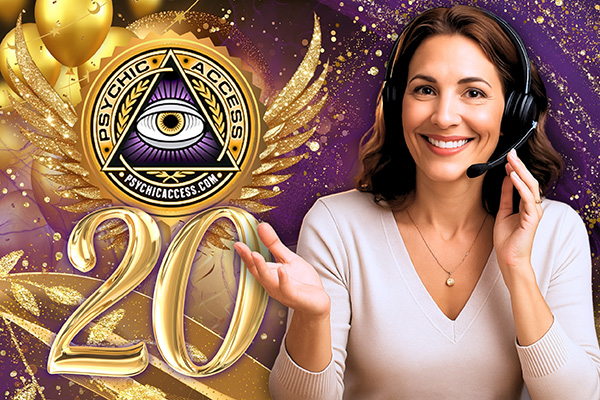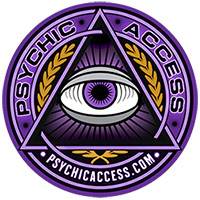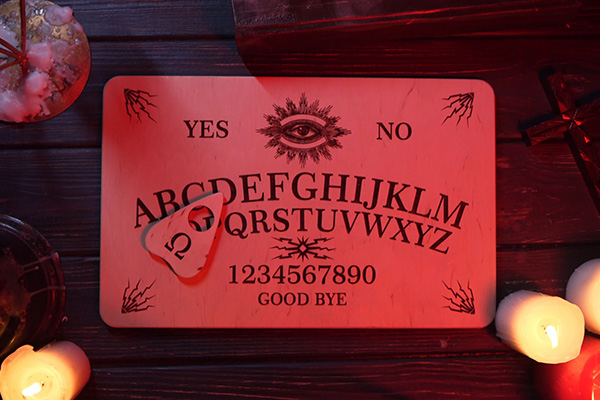The Essential Elements that Lead to the Prosperity of a Spiritual Community
 We all possess unique qualities. Each individual acts as a component of the larger picture that forms a community. Everyone is nurtured differently. People may hold various spiritual perspectives, have contrasting educational experiences, different occupations, and diverse national origins.
We all possess unique qualities. Each individual acts as a component of the larger picture that forms a community. Everyone is nurtured differently. People may hold various spiritual perspectives, have contrasting educational experiences, different occupations, and diverse national origins.
However, if the shared ambition is aligned, there should be no barrier to achieving significantly more together in our world. Some among us merely need to discover a path to value diversity.
Spiritual groups can particularly struggle with the aspect of diversity. Often, those who are spiritually inclined are anticipated to unanimously agree on all matters to foster harmony within the group and maintain tranquility.
Yet in any collective, individuals must learn to accept differing opinions. It’s perfectly valid to hold your own views and articulate your feelings. One must simply recall that not everyone in the group may share your opinions.
Members of groups take on varying responsibilities, and these roles can evolve over time. Most groups encounter that one person who naturally assumes the leadership position. This leader is frequently chosen by majority consensus. The leadership role often aligns with that individual’s personality and awareness, just as do the other roles within the group.
The leader is typically someone who can communicate effectively with team members and excels at listening to others. The ‘doers’ are often adept at following directions and achieving the task at hand. Positioned between are those who generate ideas, present them to the group, and assist in transforming suggestions into reality.
A great way to discover your true self is to join a spiritual group. This can be a fantastic means to unveil your strengths and areas for growth, as well as an excellent opportunity for personal development. Groups frequently assist in boosting your confidence and finding your voice. It can even clarify what you truly stand for and what ignites your passion.
No one can whistle a symphony. It requires an entire orchestra to perform it ~ H.E. Luccock
Nearly all groups will encounter challenges or disputes, even those centered on spiritual pursuits or aspirations. How a group opts to tackle these hurdles will dictate its integrity and cohesiveness in pursuing the common objective. Some members may need to learn to utilize constructive criticism to benefit the group.
As the group progresses, strengths and weaknesses may shift. Some individuals may discover they have been dormant, simply awaiting the right moment to emerge in a group setting. It is never solely one person who can single-handedly make a group function. Every member plays a crucial role. Remember, it requires all pieces of a puzzle to complete the overall image.
To become a thriving group, ongoing time and commitment are essential. Every individual in the group must operate in a way that reflects their truth. We encompass body, mind, and spirit. When someone heeds their higher self for direction, the soul’s awareness can forge a robust connection within the group. The soul aspect of our being recognizes what is most beneficial for the group. Cooperation becomes the key element of daily operations for the collective good.
In my own experience, an individual who opts to be part of any group must evaluate how significant it is to be an integral part of the whole. It always circles back to the value of the cause for each person involved. If you are strong in your own energy, you can manage interactions with those whose vibrations may not align with yours.
Sometimes individuals find their spirit isn’t prepared at that moment to be involved in a specific group. Or, they may realize that the group’s chosen path does not resonate with their beliefs or ideals. It is always acceptable to establish boundaries for oneself. If you determine that a group does not suit you, it may be best for all involved to distance yourself from that group. Move forward if necessary. You are likely to discover another group that nurtures your soul. Throughout different stages, various groups will fill the chapters of your life story.
Coming together is a beginning. Staying together is progress. Collaborating is success ~ Henry Ford
Guidelines For A Thriving Spiritual Group
Honor individuality within unity: every soul brings a distinct light to the collective. Embrace differences as strengths instead of barriers, allowing diversity to form the essence of collective wisdom.
Define a shared purpose: clarify your spiritual group’s mission and values. A united goal cultivates alignment and offers each member something meaningful to contribute.
Communicate with compassion: </strong;express from the heart and listen soulfully. Engage in active, nonjudgmental listening and choose words that uplift instead of divide.
Allow roles to flow naturally: leadership and supportive roles often develop organically. Enable members to embrace positions that resonate with their strengths—and be open to those roles changing over time.
Create sacred space for all voices: ensure everyone has an opportunity to express and be heard. Empower even the quietest members to share their insights without fear of rejection or disregard.
Embrace constructive disagreements: varying perspectives are invitations for growth. Disagreements, when navigated gracefully, can lead to profound understanding and stronger connections.
Establish energetic and emotional boundaries: foster healthy boundaries to help individuals safeguard their spiritual well-being. A group grounded in respect allows for self-care and autonomy.
Nurture the group’s evolution: just as individuals grow, so do groups. Be open to the group’s transformation over time and let it evolve naturally as members change and develop.
Encourage accountability and integrity: a spiritually aligned group thrives when each member approaches with sincerity, follows through on commitments, and takes responsibility for their words and actions.
Let the soul guide the way: motivate every member to connect with their inner guidance. When the soul leads, the ego softens, paving the way for genuine harmony.
|
Elizabeth’s gifts have been passed down through generations. She discovered her own abilities early on, recognizing the distinction between herself and most surrounding her. She has since perfected various metaphysical practices, offering hypnotherapy, Psychic Mediumship, Mysticism, and Hypno-Reiki to clients throughout Maine, across the US, and in Canada during her travels. A pet enthusiast, they are her greatest teachers, and these loving beings often contribute insights during readings, alongside Angels, Guides, and deceased loved ones who provide resolutions and insights for her clients. Elizabeth is also an author with spiritual wisdom to share and is currently penning a book. If you’re interested in receiving her unique Psychic Wisdom, finding peace, and gaining insights beneficial for your highest good, you can connect with Elizabeth at Psychic Access. |
Spiritual groups offer significant support, growth, and enlightenment for those eager to enhance their spiritual journeys and connect with similarly minded individuals. However, not all spiritual groups share equal merit, and their success typically hinges on several key aspects. In this article, we will investigate the essential elements that contribute to the triumphant functioning of a spiritual group.
One of the pivotal factors in the success of a spiritual group is robust leadership. A spiritual assembly is only as strong as its leaders, and effective guidance can steer the group toward its goals, inspire member involvement, and foster unity and purpose within the collective. Spiritual group leaders should embody qualities such as integrity, compassion, wisdom, and a profound grasp of the collective’s spiritual teachings.
Another crucial factor in the effectiveness of a spiritual group is having a clear and well-articulated purpose. The group must possess a defined mission and vision that steers its activities and helps members comprehend the group’s objectives and values. This collective purpose aids in cultivating unity and cohesion, allowing members to work toward common aspirations and support one another in their spiritual pathways.
Effective communication is equally essential for a spiritual group’s success. Transparency and honesty among members can help forge trust, manage conflicts, and nurture a sense of community within the group. Regular meetings, workshops, and retreats can serve as platforms for members to connect, share their insights, and deepen their spiritual practices.
Moreover, a successful spiritual group must be inclusive and open to individuals from varied backgrounds and beliefs. Diversity within the group can facilitate understanding and acceptance, enabling members to gain from each other’s unique viewpoints and experiences. Establishing a secure and supportive atmosphere where all members feel appreciated and respected is vital for the group’s effectiveness.
Finally, a successful spiritual group should emphasize service and giving back to the community. Participating in service projects, such as aiding local charities or orchestrating fundraisers for a noble cause, can help members align with their spiritual values and positively influence the wider world. By uniting to serve others, members can enhance their sense of connection and purpose, experiencing the profound impact of spiritual practice in action.
In summary, the success of a spiritual group relies on several key elements, including strong leadership, a well-defined purpose, effective communication, inclusivity, and a commitment to service. By fostering these attributes within the collective, members can cultivate a nurturing environment that supports their spiritual growth, promotes connections with like-minded individuals, and positively influences their surroundings. Continue reading















